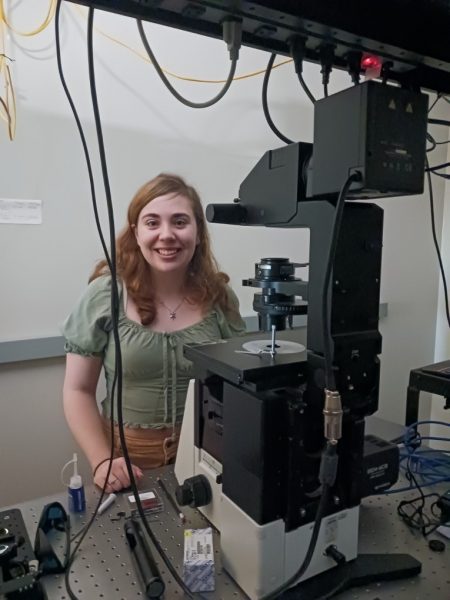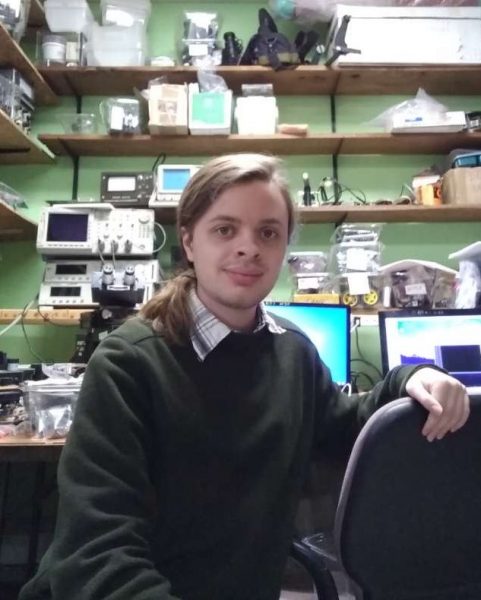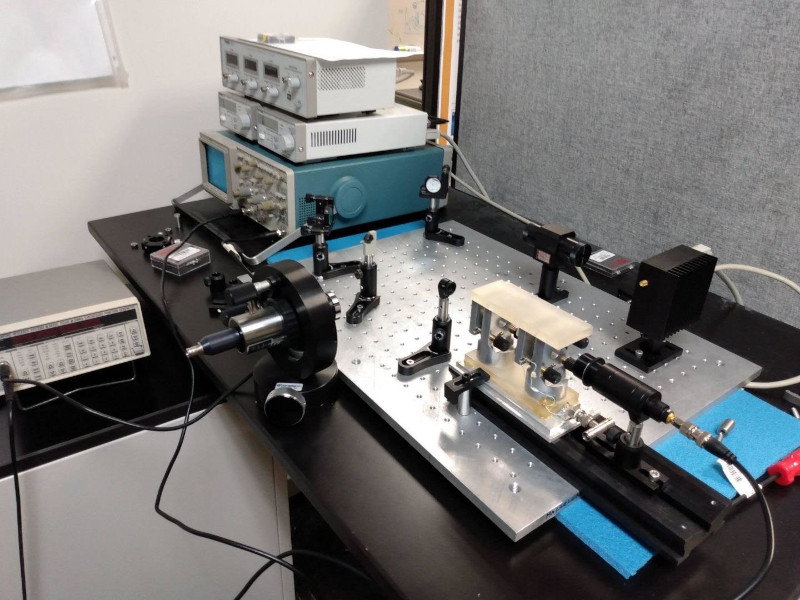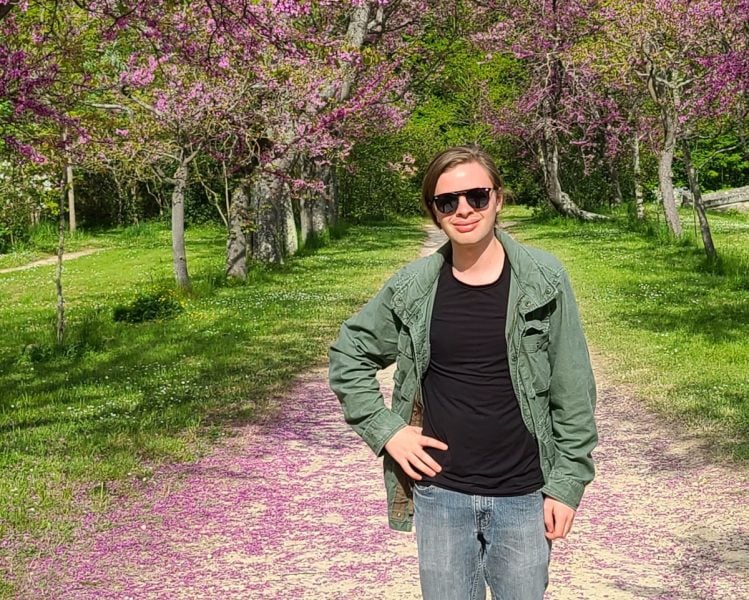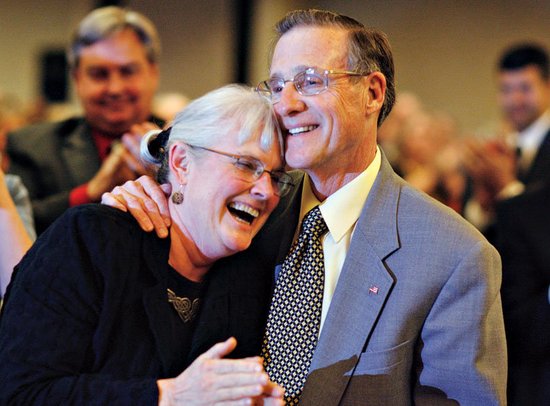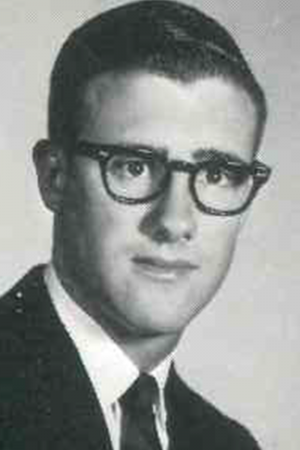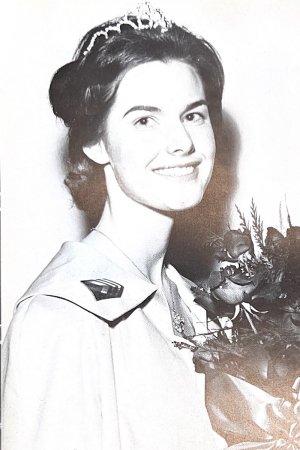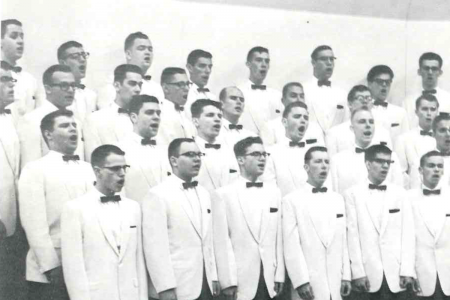We are so excited to learn Sushree Dash has been chosen as the graduate speaker for fall commencement. Dash will share memorable Michigan Tech moments and advice for the future at the ceremony. The ceremony will take place at 10:30 a.m. Saturday in the Varsity Gym in Michigan Tech’s Student Development Complex (SDC). Dash earned her Ph.D. in Applied Physics.
It’s a fitting end to a successful graduate career. Dash is a 2022 recipient of a Michigan Tech Doctoral Finishing Fellowship, among many other accomplishments. Dash is the recipient of the Ovshinsky and Distinguished Student Awards that recognize Ph.D. students and their research at American Physical Society conferences.
Dash has big plans for the commencement address. “I aim to highlight the power of resilience, mentorship, and the spirit of community that defines our time here,” said Dash. If it’s anything like Dash’s research, it will surely be insightful.
Read more about Dash in Michigan Tech News.

About the Physics Department
Physicists at Michigan Technological University help students apply academic concepts to real-world issues. Our physicists take on the big questions to discover how the universe works—from the smallest particles to the largest galaxies. The Physics Department offers three undergraduate degrees and three graduate degrees. Supercharge your physics skills to meet the demands of a technology-driven society at a flagship public research university powered by science, technology, engineering, and math. Graduate with the theoretical knowledge and practical experience needed to solve real-world problems and succeed in academia, research, and tomorrow’s high-tech business landscape.
Questions? Contact us at physics@mtu.edu. Follow us on Facebook, Twitter, and YouTube for the latest happenings. Or read more at the Physics Newsblog.
